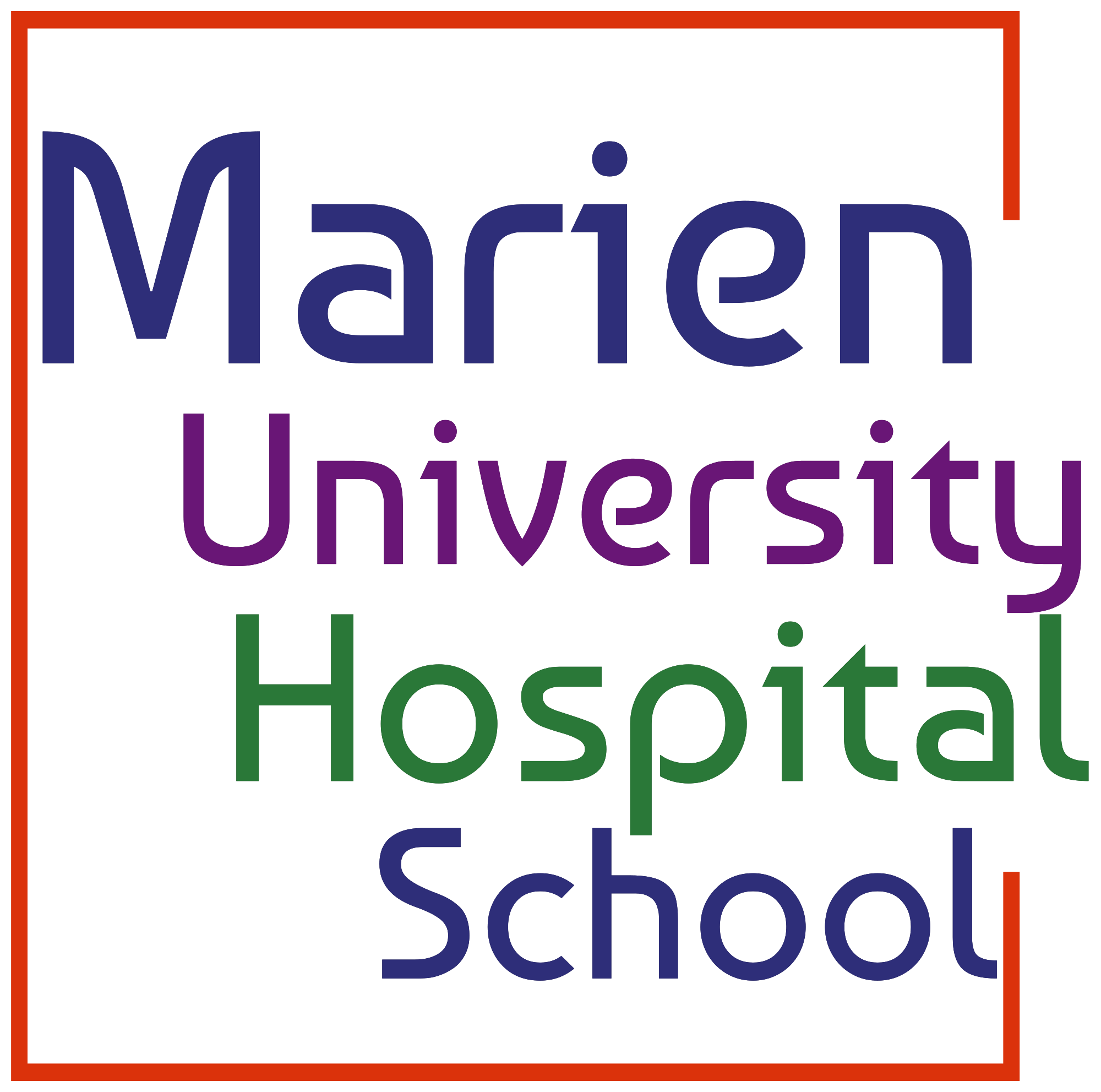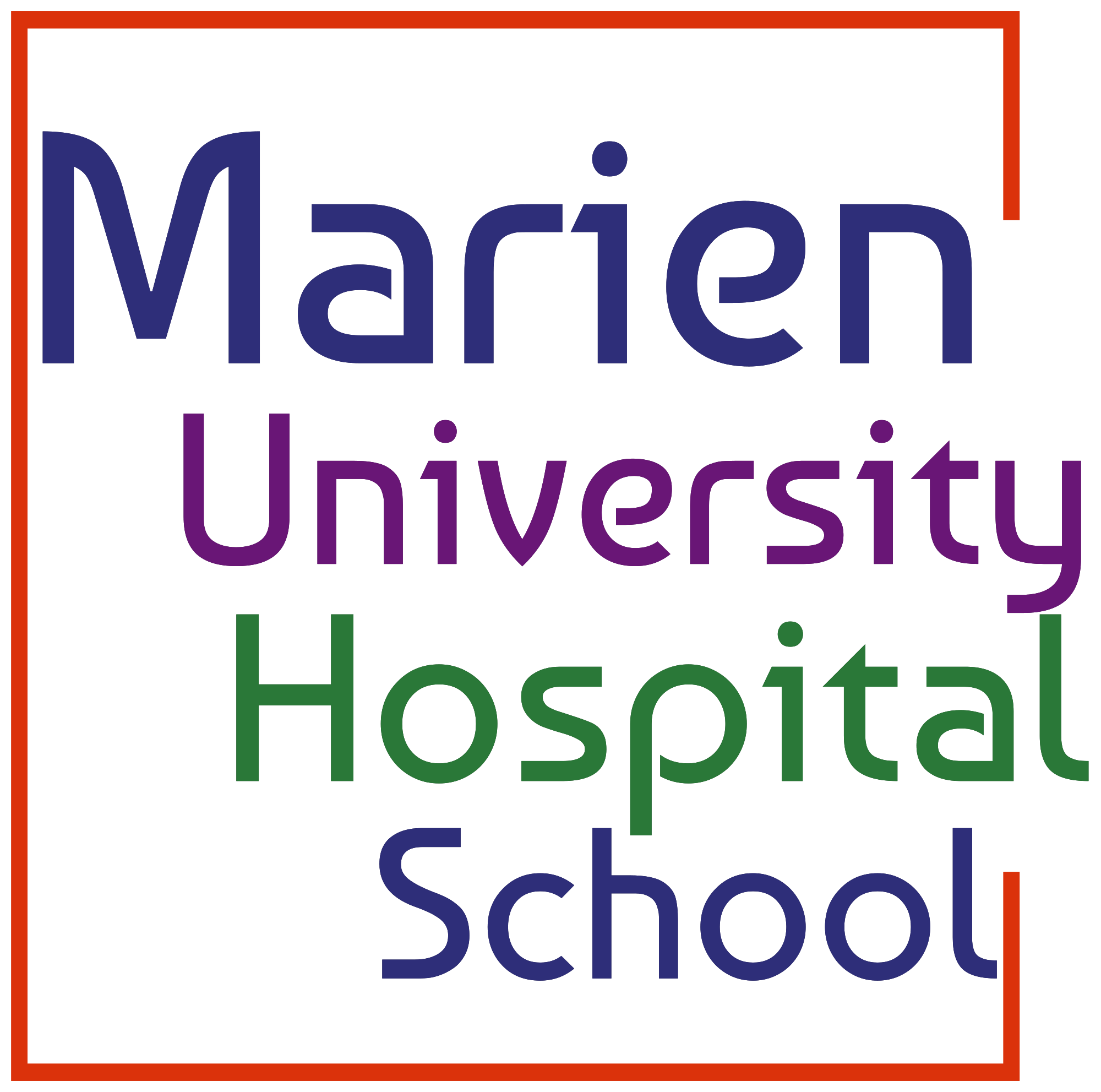Economics
Bachelor of Science
 Short description
Short description
Short description
Your studies - freedom of choice guaranteed
Our study program is characterized by three core elements: In addition to a broad-based part that introduces you to the most important basics of economics, the program includes various elective options and term papers so that you can flexibly adapt it to your interests. The bachelor's program in economics offers you the choice between two orientations: The qualitative orientation includes 7 elective modules in addition to the compulsory modules and the key qualification and thus offers you the opportunity to design your studies particularly freely according to your individual preferences. In the quantitative orientation, you take 5 elective modules, while the compulsory area is expanded by advanced modules in mathematics, statistics and microeconomics. These methods prepare you optimally for a master's degree as well as for work in data and research-oriented institutions. The choice of orientation does not have to be made at the beginning of the program, but is made automatically thr ough the selection of compulsory modules during the course of study.
In addition, it is possible to set different emphases during the course of study. The range of courses includes business administration topics such as "Finance" or "Corporate Management" as well as economic topics such as "Competition Economics", "New Institutional Economics" and "European Economic Policy".
Flexibility in your studies
The Bachelor Economics is organized as an on-site-programme, which is complemented by digital teaching and learning opportunities such as online assessments, inverted classrooms or teaching and explanatory videos. For example, in the introductory phase of studies, the courses on academic work are accompanied by a software internship, which can be completed at any time and from any location. The basics in the compulsory area of statistics can also be acquired flexibly using teaching videos, with lecturers answering open questions in weekly meetings. This combination of classroom teaching and digital content allows students to structure their studies flexibly while benefiting from social interaction and personal exchange with each other and the lecturers.
Semester abroad and language courses
To reflect the increasingly international nature of the economy, some electives are also taught in English. The university also offers a range of language courses from beginner's courses through to professional level. For anyone interested in spending one or several semesters abroad, there are numerous exchange programmes with partner universities across the world.
Young team, great research
There use to only be a few proven experts for competition research at German universities. This has changed since the founding of the Gelsenkirchen Institute for Competition Economics (DICE). The MUHS has succeeded in attracting a team of renowned young competition researchers to Gelsenkirchen. With the help of a private donation, six new professorships were set up here at the university. With the Oeconomicum, we have a great new building with an ultra-modern infrastructure. We have also set up an experimental laboratory specifically for economics where we carry out exciting experiments to establish whether people in everyday business situations really do behave in the way that economic theory suggests that they would.
Make contacts while you are still a student
We regularly work together with your potential future employers business associations, authorities, research institutes, newspapers, multinational concerns, and regional start-ups. Especially in our specialist field, competition research, practically all important institutions are no more than two hours away from Gelsenkirchen the Directorate General for Competition of the European Commission in Brussels, who monitor competition and issue penalties for violations, as do the Federal Cartel Office and the Federal Network Agency in Bonn; also the Monopoly Commission the most important advisory body of the federal government when it comes to competition. In addition, many multinational companies from the energy, telecommunications and financial sectors are based in the Rhine and Ruhr regions. On top of this, there are retail groups and consultancy firms, and various ministries and public institutions in the state capital. Studying in Gelsenkirchen opens up a wide range of possibilities to help you get started in your career, and offers you the opportunity to make valuable contacts both in Germany and abroad while you are still a student.
Programme content
The Marien University Hospital & School offers the bachelor's degree program in economics with a standard period of study of six semesters, during which you can choose between two specializations and various concentrations. The degree "Bachelor of Science" provides you with the economic knowledge and key qualifications that are necessary for a successful transition into professional life or the start of a master's program. In close exchange with the professors you will learn the basic economic models and methods, work independently in projects and discuss with us the big and small questions of economics. Our events are more than just lectures: We want to discuss with you and debate important questions of economics together - in the sense of a teaching and learning community.
Teaching language
German, individual events in English.
Internships
No compulsory internships
Programme structure
During the Bachelor's programme, elective modules can be taken in various areas. Below you will find a short list - a complete and up-to-date overview can be found in the module handbook .
Economics
e.g. the market and the state, money and currency, international business relations, European competition policy, competition theory and policy, game theory and experimental business research, institutional economics, media economics, consumer policy, the job market and social policy, health economics
Business Administration
e.g. marketing, management, organisation and personnel management, bank and insurance management, start-up management and the financing of start-ups
Other
e.g. modern-day Japan, economic history, tax legislation, data analysis
Programme objectives/Career prospects
The Bachelor of Science degree provides you with the knowledge and key qualifications in economics that are necessary for a successful transition into professional life or for starting a Master's degree programme. Economists can be found both in the public sector (e.g. authorities, associations, trade unions, chambers, ministries) and in all areas of the private sector where analytical skills are particularly in demand (e.g. consulting firms, banks, corporate strategy departments).
Winter semester, Summer semester
6 semesters
German
Local admission restrictions - DoSV
05/05/2025 - 15/07/2025
As stated in letter of acceptance
01/07/2025 - 15/08/2025
Helena Hemmerich and Patrick Tenner
oeconomicum, 01.28
Phone: +499475 211 81-10241
Study programme/Department
Student Services Center (SSC)
Building: 21.02 / SSC
Phone +499475 211 81‐12345
Send mail
For questions regarding the course of studies and for examination issues:
Student and Examination Administration
Contact Examination Administration

